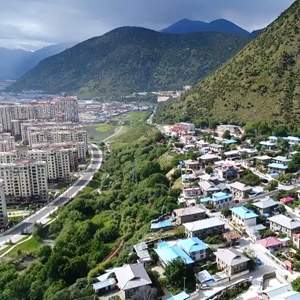LHASA, May 23 (Xinhua) -- Bagyi is a tiny village located in a scenic valley in Tibet, China. The village has undergone tremendous transformation in recent years, helped by government policies -- and one very special man.
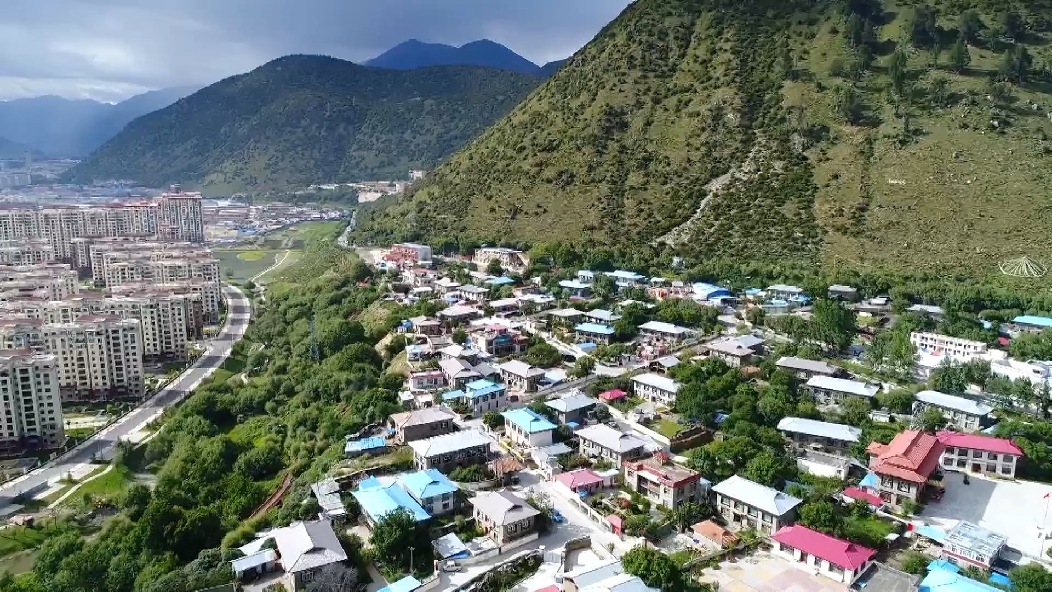
"On July 21, 2011, (then Vice President) Xi Jinping visited our village. All the villagers came out to greet him. We welcomed him by the roadside and offered him a hada (traditional Tibetan scarf)," said Kelsang Wangchug, a resident of Bagyi Village.
For Daglung, the former Party chief of Bagyi Village, Xi's visit in 2011 was a fond memory.
"Then, Xi Jinping wished me a long life. I was so excited in that moment that I couldn't help but cry. Tears rolled down my face. I couldn't say even one word. I was so emotional," he said.
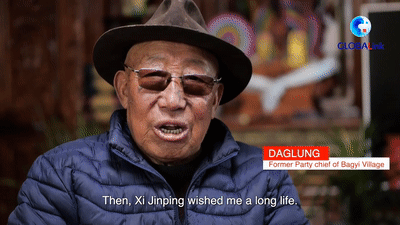
Xi Jinping first paid a visit to Bagyi Village in 1998. Back then, he was a senior official of Fujian Province, and Fujian was offering pairing-up assistance to Nyingchi, the city governing Bagyi.
During the visit, Xi learned that the villagers had become better-off because of good policies of the Party. He was very glad, and encouraged them to keep on developing and improving their living standards.
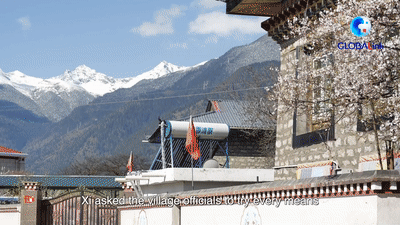
Thirteen years later, Xi came to Bagyi a second time, in a year that marked the 60th anniversary of Tibet's liberation.
Migmar, Party chief of Bagyi Village, recalled his conversation with Xi Jinping.
"While chatting with us, he asked if we had any difficulties in our lives. I said that we all had better living standards due to the Party's good policies, and we were free of worries," said Migmar, "Later, he asked whether there was a collective economy in the village. I said there wasn't at that time. Then he said, the village must develop a collective economy as its next step. Once a collective economy is developed in the village, we will find more ways to make money."
Xi asked village officials to try every means to help the residents increase their incomes, so they could lead better and more prosperous lives.
The villagers bear in mind Xi Jinping's encouragements.
In the second year after Xi's visit, Bagyi village began to develop its own collective economy. Residents have set up a transportation fleet, professional breeding cooperatives, building materials markets, and industrial parks. What's more, a tourism industry has been developed there by taking advantage of local scenic spots.
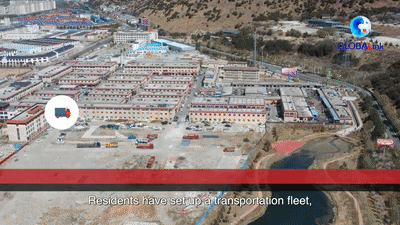
Ten years on, the villagers are embracing sweeter and more prosperous lives.
"Bagyi village has witnessed significant improvements," said Lhapa Tsering, deputy Party chief of Bagyi Village. He believes that the most prominent reason for the improvements is the development of the collective economy.
According to Migmar, the villagers' per capita annual income was over 9,000 yuan when Xi Jinping came in 2011, but now it stands at 34,000 yuan, which is more than three times that 10 years ago.
Villagers now have access to paved roads, sewage drainage systems, tap water, and electricity supply, and they have moved into more spacious, bright, clean and comfortable houses.
"We'd like to say to the general secretary (Xi Jinping), people of various ethnicities here will surely unite closely together, and strive for much better lives," said Kelsang Wangchug.
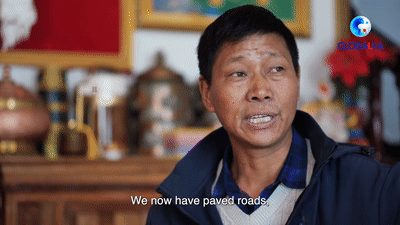
Bagyi is just one of the more than 5,000 villages in Tibet that witnessed enormous changes in the past decades.
Xi Jinping, since taking the helm of the country in 2012, has paid much attention to the development of the region. Arrangements have been made for social stability, border development, ecological protection and ethnic unity in Tibet, opening a new chapter of improving governance, stability and people's wellbeing.
In August 2020, at a national-level symposium on Tibet Work, Xi pointed out policy directions for developing Tibet, calling for efforts to build a new modern socialist Tibet.
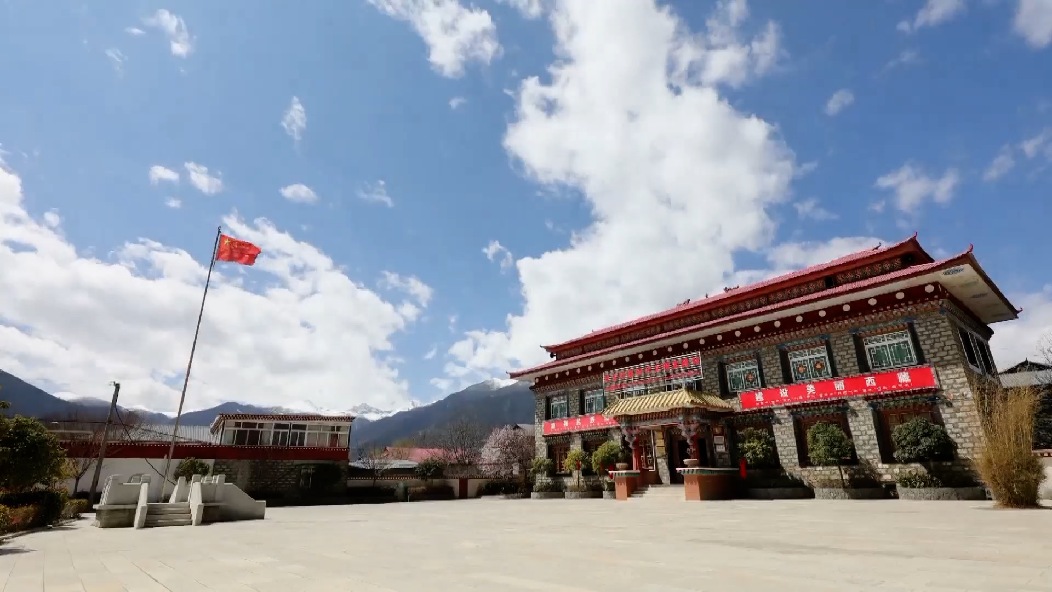
After many years of efforts, Bagyi village has taken on a new look, and is now known as "a village of wealth."
"During these years, all of our villagers of various ethnicities have been united as one in building our homeland. We are also deeply grateful for the Party's central authorities, and grateful for the general secretary (Xi Jinping)," says Migmar.
Kelsang Wangchug believes that the socialist system is advantageous. "It is owing to the good policies that villagers like us can enjoy better lives of today," he said.
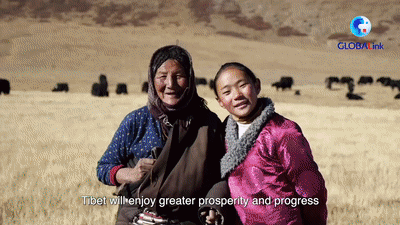
Produced by Xinhua Global Service
